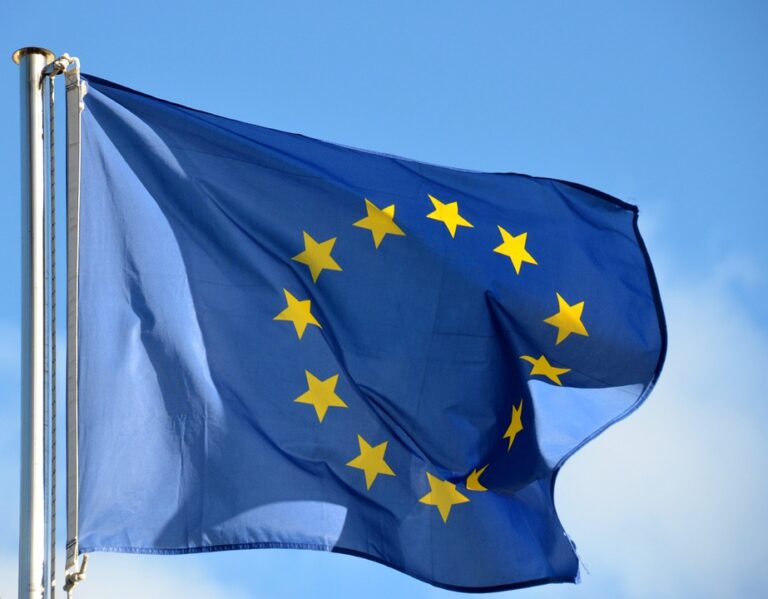How Project 2025 Could Weaken American Democratic Institutions
As the year 2025 approaches, debates and discussions intensify around the anticipated implementations of Project 2025—a series of proposed reforms expected to reshape various facets of American society, governance, and economy. Despite its stated aims of enhancing national security, streamlining governance, and fortifying economic prosperity, there are burgeoning concerns that Project 2025 could inadvertently—or, some argue, deliberately—undermine the very democratic institutions that form the backbone of American society.
Centralization of Power
One of the most significant apprehensions is the potential for increased centralization of power. Project 2025 proponents advocate for the consolidation of executive powers to enable more decisive and swift governance. While the efficiency argument holds weight, the risk is that such centralization could erode the system of checks and balances that is fundamental to American democracy. The executive branch, endowed with more control, could sideline Congress and the judiciary, leading to a concentration of authority that diminishes representative governance.
Erosion of Judicial Independence
Project 2025’s blueprint includes proposed reforms to the judiciary aimed at making the legal system more adaptive and aligned with contemporary societal needs. However, critics argue that these reforms could compromise judicial independence. For instance, altering the appointment process for judges or reducing the tenure of the Supreme Court justices might lead to a judiciary that is more susceptible to political pressures. The perception, if not the reality, of a judiciary influenced by political machinations could severely undermine public trust in the judicial system as a fair and impartial arbiter.
Suppression of Dissent
Another concern is the potential suppression of dissenting voices under the guise of national security and social stability. Measures touted as necessary for maintaining public order, such as expanded surveillance and stricter controls over social media platforms, could stifle free speech. These measures risk curtailing civil liberties and reducing the public’s ability to hold their leaders accountable. In the absence of robust public discourse, the democratic process, which thrives on diverse viewpoints and constructive criticism, could be significantly impaired.
Electoral Integrity
On the electoral front, Project 2025 includes proposals for revamping the voting system purportedly to enhance security and prevent fraud. However, some of these changes, such as stringent voter ID laws, and mandatory electronic voting systems, might disenfranchise specific segments of the population. Critics argue that these measures could disproportionately affect minority communities, economically disadvantaged voters, and those already marginalized in the political process, thereby skewing electoral outcomes and weakening the principle of equal representation.
Weakening of Federalism
Federalism—a key pillar of American democracy—could also be at risk. Project 2025 aims to streamline federal and state operations for more cohesive governance. While improved coordination is a noble goal, the risk lies in diminishing state autonomy. States have historically served as "laboratories of democracy," testing diverse policies that cater to their unique populations. Over-centralization could stifle these innovative approaches and ignore regional specificities, thereby weakening the democratic principle of localized governance.
Civil Society and NGOs
Finally, the role of civil society and non-governmental organizations (NGOs) might be under threat. Project 2025 includes regulatory reforms that could restrict the funding and operations of NGOs, particularly those advocating for social justice and human rights. Such restrictions could limit the ability of these organizations to conduct their watchdog functions, provide services, and advocate for policies that reflect the will and needs of the populace.
Conclusion
Project 2025, with its sweeping reform agenda, presents both opportunities and risks for the United States. While the proponents emphasize efficiency, security, and economic gains, it is crucial to remain vigilant about the potential erosion of democratic institutions. Safeguarding the principles of checks and balances, judicial independence, free expression, electoral integrity, federalism, and the vibrancy of civil society should remain paramount in any reform initiative. As the nation moves forward, ensuring that these foundational elements of democracy are preserved will be essential to maintaining a resilient and inclusive American democracy.
